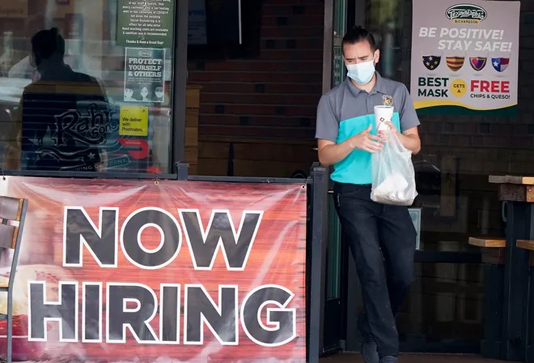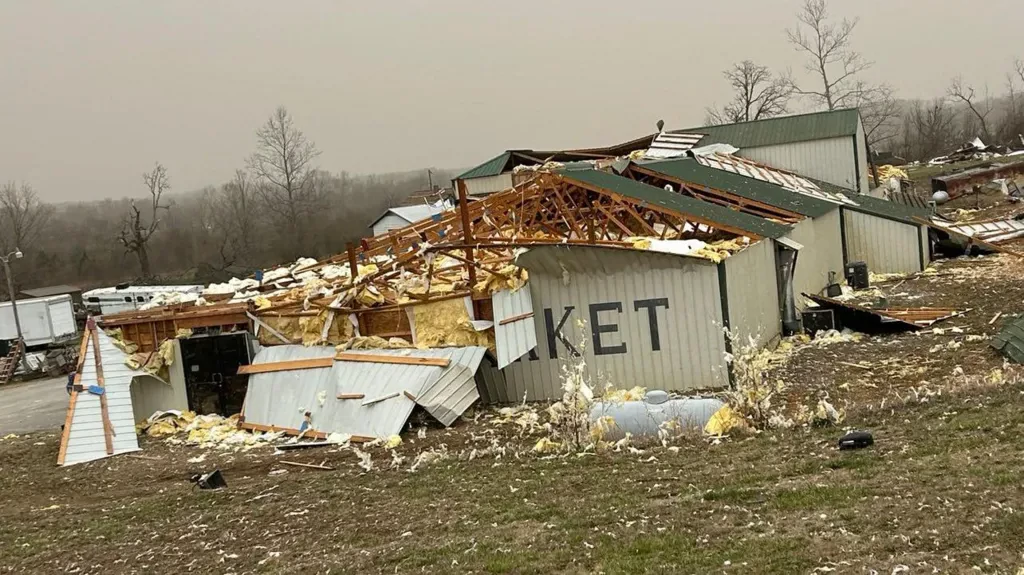Millions of Americans are jobless, yet firms struggle to hire

WASHINGTON, April 21: More than a year into the Covid-19 pandemic, millions of American remain jobless, but even as the economy reopens some employers are finding hiring an unexpected challenge.
From fears of being infected with the coronavirus to trouble finding childcare to the lure of generous unemployment benefits, some jobless Americans are holding off on re-entering the workforce.
"It's a paradox for the Covid crisis," said Gregory Daco, chief US economist at Oxford Economics. "We have, and risk having over the coming months, an imbalance between job openings and demand."
The US economy has begun to recover as Covid-19 vaccines allow businesses to return to normal, and companies are starting to recruit to meet growing demand.
But not all unemployed workers are ready to return to their jobs, analysts say.
"The main issue is we still have a pandemic, and there is huge concern among job seekers about workplace health and safety," said Julia Pollak, an economist for job search website ZipRecruiter.
A quarter of the US population is fully vaccinated, well ahead of Europe and many other major economies, but three-quarters of the country nonetheless remains at risk of contracting Covid-19.
And childcare is another challenge for working parents, since only a little more than half of the nation's schools are back to full-time classes after the pandemic forced them to close or modify operations, according to FutureEd, a think tank at Georgetown University.
- Search for 'better conditions' -
The Covid-19 pandemic destroyed 22 million jobs in the world's largest economy, of which more than half, 14 million, have been restored.
However, nearly 17 million people are still receiving government unemployment aid, including self-employed workers, and many are working part-time because they cannot find full-time work.
But Daco said worker shortages are being seen across multiple sectors, including some of those hardest hit by the waves of layoffs, like retail, food service, hospitality and entertainment.
In a survey of US businesses conducted between late February and early April, the Federal Reserve noted "hiring remained a widespread challenge, particularly for low-wage or hourly workers, restraining job growth in some cases."
A hotelier surveyed by the Federal Reserve bank in Richmond, Virginia reported that "they were able to hire some front desk workers but had unfilled cleaning staff positions and little interest from workers in those jobs."
The central bank's Chicago branch reported a number of factors keeping unemployed workers at home, including "financial support from the government," like the extra $300 weekly benefit jobless employees will receive through August.
The Chicago Fed cited other complications in the hiring process including finding childcare, concerns about the virus, difficulty obtaining public transportation and "job search fatigue."
ZipRecruiter's Pollak said some workers also are fearful that if they take a job, they will simply be let go again.
"Many people experienced getting laid off as a really hard blow," she said, comparing the situation to people "who got divorced now being scared to go back into the dating market and get married again."
"They're not in a rush to put themselves back in a vulnerable position, especially since the extended and expanded benefits are giving them a little bit of time," Pollak said.
- Coaxing workers -
Some Americans have taken to working from home, which makes it easier to combine work with family life and not spend time commuting.
"Many people are not prepared to go back old jobs they had," Pollak said, and are instead holding out for remote work opportunities.
This trend has hit the restaurant industry in particular, which is hoping to see a rebound in the spring and summer after the pandemic forced many to close starting in March 2020.
"As the weather improves and more state restrictions are lifted, restaurant traffic will increase and that will create a greater need for employees," Hudson Riehle, who heads research for the National Restaurant Association, told AFP.
"With fewer people in the workforce, the stimulus supports still in place, worker safety concerns and much greater competition with other industries for workers," Riehle predicted some eateries may offer higher pay or additional benefits and opportunities to coax workers.
Amazon, Costco, Target and Walmart -- which run some of the largest distribution firms in the United States -- already announced pay increases.





Leave Comment